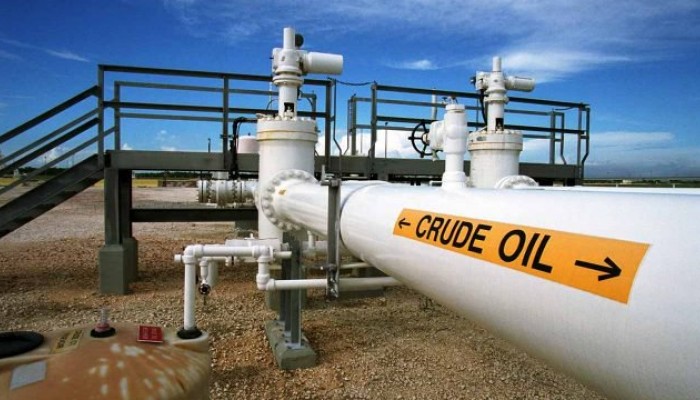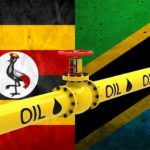Senior government technocrats in the oil and gas sector are up in arms against each other over a Chinese firm that signed a dubious deal to produce electricity yet in reality the firm plans to process fuel and other products, using crude oil from Bunyoro.
“The deal was signed under the pretext that the Chinese would use crude oil to produce electricity but in reality, they intend to produce petrol and other items,” says a source who adds that machinery has started arriving in the country for the construction the facility in Tororo. Works are expected to start in September.
It should be recalled that Uganda’s major oil refinery will be built on a 29 square kilometres near the border with the Democratic Republic of the Congo, along the eastern shores of Lake Albert. This will be close to Uganda’s largest oil fields in the Kaiso-Tonya area. The strategy is to build a refinery that meets the petroleum products needs of Uganda and its regional neighbours, with any remaining to be exported.
Two intake pipelines and one distribution pipeline, with a total construction bill of over US$200 million, are planned to bring crude to the refinery and distribute the finished products to a new terminal in Buloba on the western outskirts of Kampala.
The cost of the refinery is estimated to cost US3 billion to 4.3 billion, with 70 percent of that amount to be borrowed and the remaining 30 percent coming from shareholders.
In early April, 2019, Uganda signed an agreement with a consortium, including a subsidiary of America’s General Electric, to build and operate the refinery.
Members of the consortium are Albertine Graben Refinery Consortium (AGRC) include Nuovo Pignone International SRL, a General Electric subsidiary in Italy.
Others include YAATRA Africa and Lionworks Group Ltd both from Mauritius and Saipem Spa also from Italy.
Initial efforts to secure an investor for the refinery collapsed after talks with Russia’s RT Global Resources broke down.
However, the project framework agreement that was signed will “ensure development, design, financing, construction, operation and maintenance” of the planned 60,000-barrel-a-day refinery.
Uganda has proven crude oil reserves of 6.5 billion barrels, about 2.2 billion of which is recoverable.
But the start of production has been repeatedly delayed by disagreements with field operators UK’s Tullow Oil, China’s CNOOC and France’s Total over taxes and development strategy.
A lack of associated infrastructure such as a crude transportation pipeline and a refining facility have also hampered the start of production now planned for around 2023.
Uganda is aiming to both refine domestically and also export some of the crude via the pipeline through neighbouring Tanzania.







